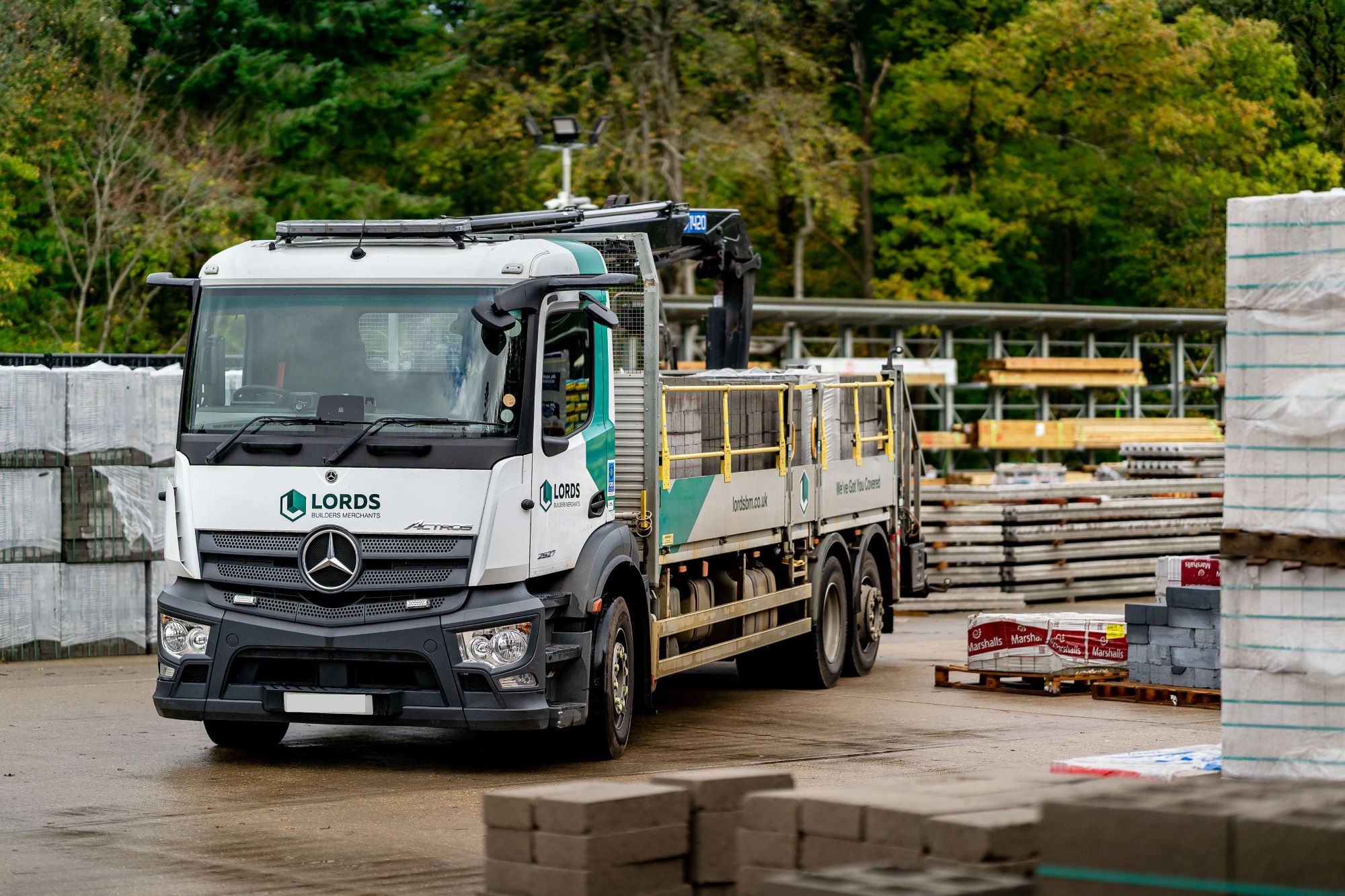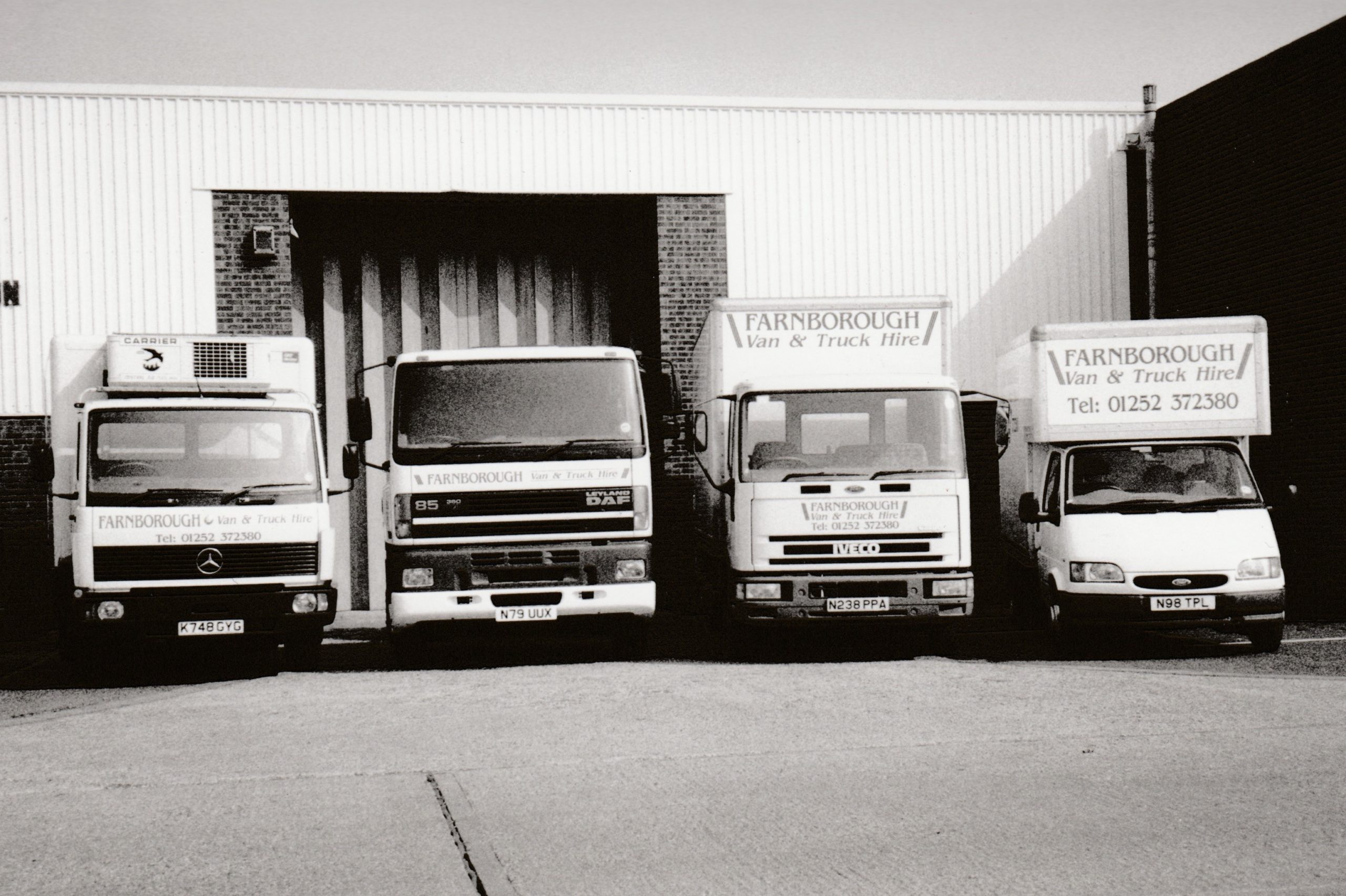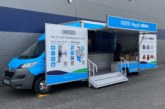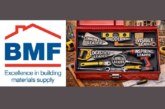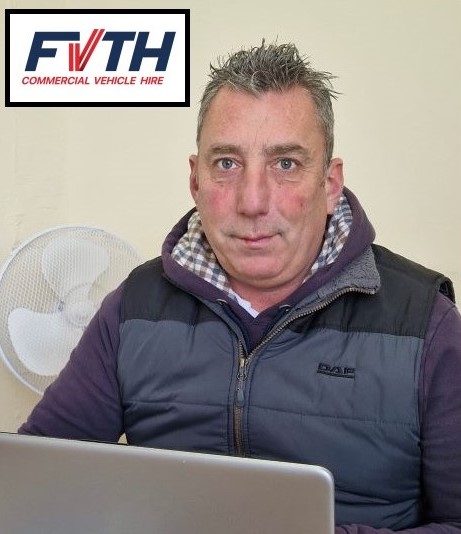
For the Face to Face feature in PBM’s April edition, we had a quick chat with Tim Houghton, MD of HGV contract hire and rental company FVTH about his perspectives on the sector from legislation, compliance and alternative fuel vehicles.
Q: How did you get into the industry and to your current position?
A: I have been in Rental and Contract Hire all my working life, starting out at British Road Services (BRS) in 1987 as a traffic clerk. This was set up by my brother who told me “you can’t sit around all summer waiting to go to college, I’ve got you a summer job for six weeks at BRS…” I was there for 14 years!
I first met Jim Brown (co-founder of FVTH) many years ago when working for Ryder — I sold him some second-hand vehicles. I knew FVTH throughout my time selling Contract Hire around the south and was always amazed at the types of customers it had and the service levels it achieved with its customers.
Q: How do you feel the sector has changed in recent years?
A: The transport industry is going through its biggest change for decades. Considering commercial vehicles are the life blood of the UK supply chain, the government seem hell bent on making it as difficult and expensive for operators and purchasers of commercial vehicles as possible.
The new DVS legislation starting in October 2024 is a prime example, and will add more cost to a vehicle that will be passed on to the operator. I am not sure how they expect rental and leasing companies to make their fleets compliant, even when working closely with their preferred supplier, within the time frame. Add to that the downtime and inconvenience to the customers’ operation.
As usual, they have set the date of the change and still haven’t communicated how the vehicles will be registered. Commercial vehicles will always be the mainstay in the UK economy — when is government ever going to recognise and support this essential service and industry?
We also have massive skills shortages with drivers, mechanics, transport managers and general staff being encouraged into our industry. This is, and will be, a bigger problem in the coming years.
“Considering commercial vehicles are the life blood of the UK supply chain, the government seem hell bent on making it as difficult and expensive for operators and purchasers of commercial vehicles as possible.”
Q: What are the current challenges facing your company?
A: The biggest challenge is around alternative fuel vehicles and all the new legislation around zero emission from tail pipes, now required from 2035 (closer than you think). The concept of electric vehicles will impact all operators and the way they run their fleets.
This will need a total mindset change from the industry as it does not just affect the vehicles but will change scheduling plans, routing, right through to maintenance.
Although technology is moving fast there are still a lot of unanswered questions around alternative fuel vehicles. If I am honest, I cannot see the infrastructure being ready in time. Many large commercial properties are leased and not owned; the investment for installing alternative fuel supply will be large, and getting buy-in from the property owners may well be almost impossible. As we get nearer to 2035, we may need to have a big re-think, and really understand the impact this will have on the UK distribution network and therefore the economy.
Q: And what do you see as being the impact on the merchant sector?
A: Regarding alternative fuel vehicles, there’s currently a lot of talk around the vehicle performance but very little about the ancillary equipment, i.e. cranes. Merchant vehicles spend a lot of time idling and using the crane, and whilst some crane manufacturers are addressing this now, it will add more cost to the capital — and I am guessing the power source will be a challenge, as it may affect the charging of the actual vehicle.
The increased cost of vehicles currently, coupled with merchants’ own overhead challenges, will invariably push the product sales price up again. Yet another difficulty for merchants who already work to tight budgets.
Q: How important is the issue of sustainability becoming to the sector?
A: We are all responsible for sustainability, within our own business and in due course within our own supply chains. The cost of this is the big challenge, like any industry a product price is defined by the cost base of any business.
The merchant sales price increases to meet the costs associated, but in an already challenging market defined by business overheads, this is a massive challenge for everyone and especially the consumer. There is a large cost to becoming a sustainable business with little or no government support.
However, it is an issue that we will all need to address and the first step on the journey is to understand how you can improve your own sustainability footprint, and then progress from there. Collaborating with suppliers is also a key to start on this journey.
Q: Which individual has influenced you most in your career?
A: My older brother Dave Houghton. He started work in transport at the Portsmouth Continental Ferry Port back in the 1980s and he taught me that you get up early and work hard. He has been an inspiration as to how to conduct yourself in business in terms of professionalism, work ethic and communication, and on top that he’s a really nice bloke and my best friend.
Latterly, another influence has been my current business partner Jim Brown. Jim has been in the industry all his life, and his knowledge and business acumen are inspiring to me every day. There are so many people like Jim within our industry — true unsung heroes.
Q: What has been the highlight of your career to date?
A: Taking over the helm at FVTH. Every day we do something different, whist the team we’ve created and the expert knowledge we have serves our customers well. Developing close customer relationships and supporting fleets allows us to continue to grow our business, as well as develop our team as individuals.
I have worked in corporate all my life and probably underestimated smaller rental and contract hire businesses over that time. I have met numerous owners of SME rental and contract hire businesses in the last six years and they are some of the best commercial vehicle providers out there.
Importantly, they — we — offer something very different to the big corporates and within our industry it is essential that there is choice for the customer.
Q: And what has been your biggest challenge so far?
A: There is no doubt that the biggest recent challenge has been the pandemic, which hit every business. We made a business decision to stay open throughout and support our customers with essential services, something that I and my team saw as vital.
Supported by our suppliers, I believe our ability to work with our customers during those particularly challenging times has now benefited us — with the growth we have seen since the pandemic ended, and the strengthening of our partnerships.
Q: Where do you see yourself in five years’ time?
A: Over the next five years we will be addressing the challenges of alternative fuel vehicles, government legislation and ensuring that we are able to provide the vehicles and services so that our customers can continue to operate. We are still, and will be, a diesel supply industry for some time to come, and I want to create and supply industry leading vehicles and services to our customers.
For more information on the services provided by FVTH, enter the shortcode www.rdr.link/mbc008
FVTH is an established and well-known HGV contract hire and rental company based in the south of England. With over thirty-five years’ experience in the industry, the partnerships forged with loyal customers are said to be a testament to its expertise and knowledge when it comes to keeping up to date with legislative challenges and keeping vehicles on the road.
An independent SME that can satisfy customers’ requirements by offering low-cost, flexible contract-hire solutions supported by short-term rental options, FVTH can act as the main fleet controller, or just help your own fleet champions via a service said to deliver true supply chain assistance.
